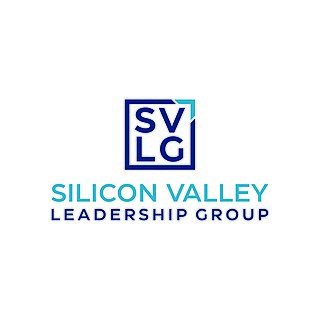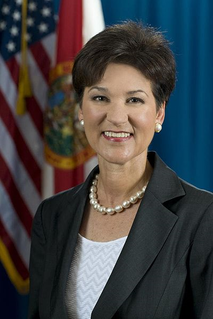A Quote by Carl Guardino
Communities must plan for a variety of uses and income levels. Why do we care about housing as high-tech employers? If teachers, firefighters, peace officers, retail or restau- rant workers can't live here, then we're going to fail.
Related Quotes
I know firsthand that many employers who comply with other labor standards still hire the undocumented. Many businesses pay the minimum wage and have barely tolerable working conditions because there are sufficient undocumented workers willing to accept those terms. If we care about low-income workers in this country, we need to create pressure to improve their economic condition by reducing the supply of unauthorized workers.
While it's absolutely important that we build housing for our low-income residents, when we are talking about opening up hundreds of sites for housing, we should be trying to build affordable housing for all of our residents struggling to pay rent. That means housing for teachers, for nurses, for janitors.
Immigration reform is important in our country. We have a lot of employers over on the beaches that rely upon workers and especially in this high-growth environment, where are you going to get people to work to clean our hotel rooms or do our landscaping? We don't need to put those employers in a position of hiring undocumented and illegal workers.
The Social Security program is a pact between workers and their employers that they will contribute to a common fund to ensure that those who are no longer part of the work force will have a basic income on which to live. It represents our commitment as a society to the belief that workers should not live in dread that a disability, death, or old age could leave them or their families destitute.































